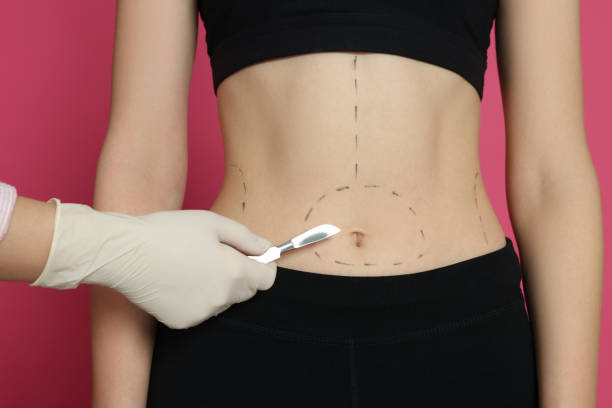Bariatric Surgery Diet Plan After Surgery
Introduction:
Nutrition following Bariatric Surgery is a key component to successful recovery and long-term weight management. Following a structured diet plan helps protect the stomach, promote healing, and support sustained weight loss.
- Table of Content:
Introduction: Role of Diet Post-Bariatric Surgery
Phase 1: Liquids Only
Phase 2: Pureed and Soft Foods
Phase 3: Transition to Solid Foods
Essential Nutrients and Dietary Focus
Portion Control and Meal Frequency
Foods to Avoid for Optimal Results
Hydration Guidelines
Role of Dietary Supplements
Long-Term Healthy Eating Habits
Conclusion and CTA
FAQs
Brief Point
A carefully planned diet is essential for recovery and lasting health.
Phase 1: Liquids Only
Immediately post-surgery, patients consume clear liquids and protein shakes to stay hydrated and nourish without stressing the digestive tract.
Brief Point
Liquids maintain hydration and gentle nutrition post-surgery.
Phase 2: Pureed and Soft Foods
Pureed vegetables, soft proteins, and soups provide more nutrients while remaining easy to digest during repair.
Brief Point
Soft foods introduce texture without harming surgical sites.
Phase 3: Transition to Solid Foods
Gradual return to solid foods emphasizes lean proteins, vegetables, and whole grains with avoidance of high-fat, sugary, or processed items.
Brief Point
Balanced solids support weight loss and health.
Essential Nutrients and Dietary Focus
Protein intake is prioritized to support healing and muscle maintenance. Vitamins, minerals, and fiber are incorporated to prevent deficiencies and promote digestive health.

Brief Point
Adequate protein and micronutrients are vital.
Portion Control and Meal Frequency
Eating small, frequent meals prevents stomach stretching and enhances nutrient absorption.
Brief Point
Controlled meals protect stomach and control hunger.
Foods to Avoid for Optimal Results
Avoid foods that cause dumping syndrome, irritate the stomach, or contribute to weight gain, such as sweets, fried foods, and carbonated beverages.
Brief Point
Certain foods disrupt recovery and weight control.
Hydration Guidelines
Adequate fluid intake throughout the day is essential but should be done between meals to avoid fullness that limits nutrition.
Brief Point
Proper hydration supports digestion and overall health.
Role of Dietary Supplements
Brief Point
Supplements are necessary for long-term nutrition.
Long-Term Healthy Eating Habits
Sustained focus on nutrient-rich foods, mindful eating, and portion management are critical to maintaining surgical benefits.
Brief Point
Lifelong healthy habits sustain weight management.
Conclusion and CTA
Adhering to a structured diet plan after Bariatric Surgery is crucial for success and health. For personalized nutrition guidance, contact Royal Clinic Saudia. Take control of your health journey today.
FAQ's:
1. How long is the liquid diet phase?
Typically 1 to 2 weeks post-surgery.
2. When can I start eating solid food?
Usually 6 to 8 weeks after surgery.
3. Why is protein important after surgery?
Protein aids healing and muscle preservation.
4. What foods should I avoid?
Sugary, greasy, fried, and carbonated foods.
5. How much water should I drink daily?
At least 64 ounces, spaced between meals.
6. Are vitamins necessary for life?
Yes, lifelong supplementation is often required.
7. Can I eat sweets occasionally?
It's best to avoid to prevent complications.
8. How do I prevent overeating?
Eat small meals, chew slowly, and listen to fullness cues.